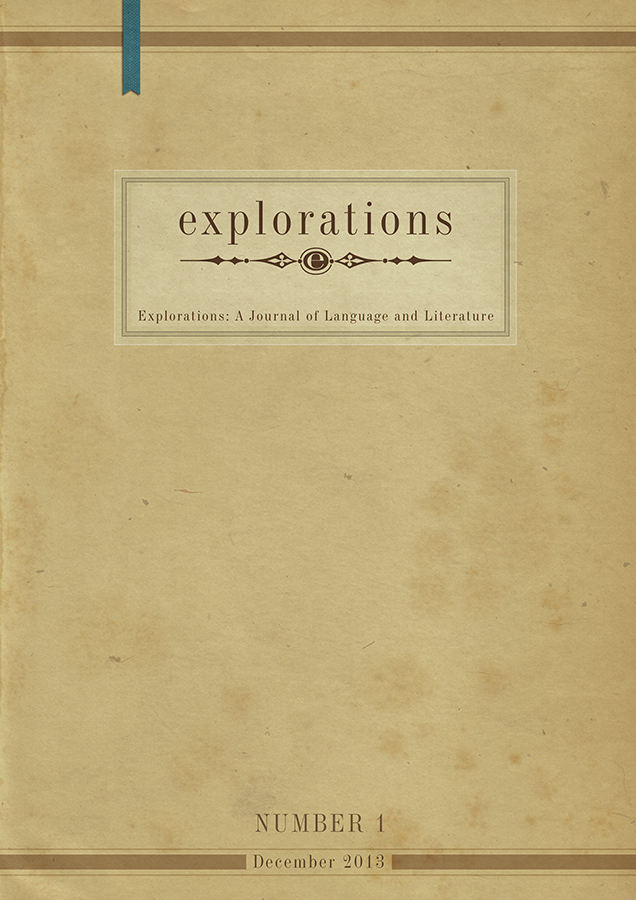Jane Campion’s The Piano; or, Breaking Prospero's Spells
Jane Campion’s The Piano; or, Breaking Prospero's Spells
Author(s): Tomasz PilchSubject(s): Language and Literature Studies, Studies of Literature
Published by: Uniwersytet Opolski
Keywords: Campion; Shakespeare; Tempest; post-colonial; feminism
Summary/Abstract: One of the most popular plays in Shakespearian canon is The Tempest, believed to have been the farewell message of the retiring artist. The play is usually staged as a Renaissance "pop"-comedy, with a love plot and elements of sorcery and magic, concluded with a reassuring happy end. However, an in-depth analysis of the composition of the drama seen through the apparatus of post-colonial studies transforms it into a piece of fiction glamorizing the gloomy realities of European colonial conquest. Jane Campion, who, in her Oscar-winning film The Piano combines colonial rivalries with the antagonism of Victorian domestic male-female relations, takes a further step in this direction. The result is a gripping tale of liberation through love resulting from transgression turned transculturation. Exploiting the colonial history of her New Zealand homeland combined with a feminist critique of Victorian gender ethics, Campion corrects Shakespeare's misrepresentations and reconstructs omissions, creating a picture that is likely to change our perception of what happened on Prospero's island forever.
Journal: Explorations: A Journal of Language and Literature
- Issue Year: 2013
- Issue No: 1
- Page Range: 145-169
- Page Count: 25
- Language: English

